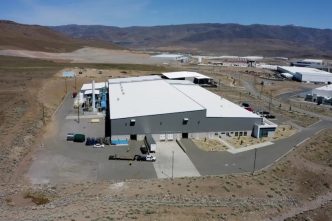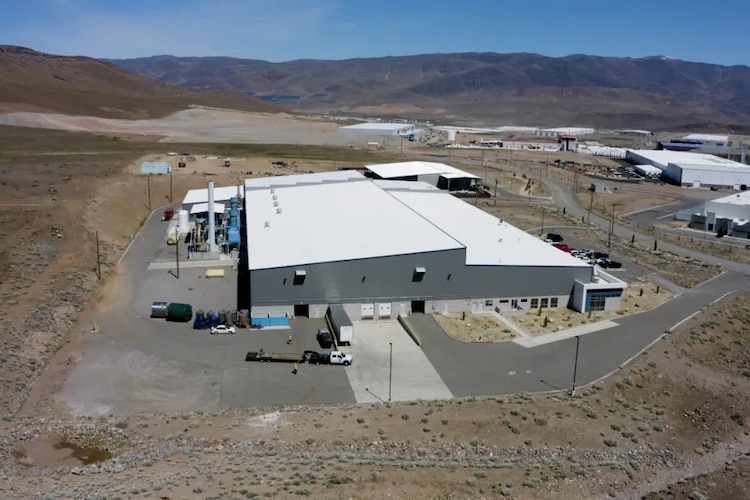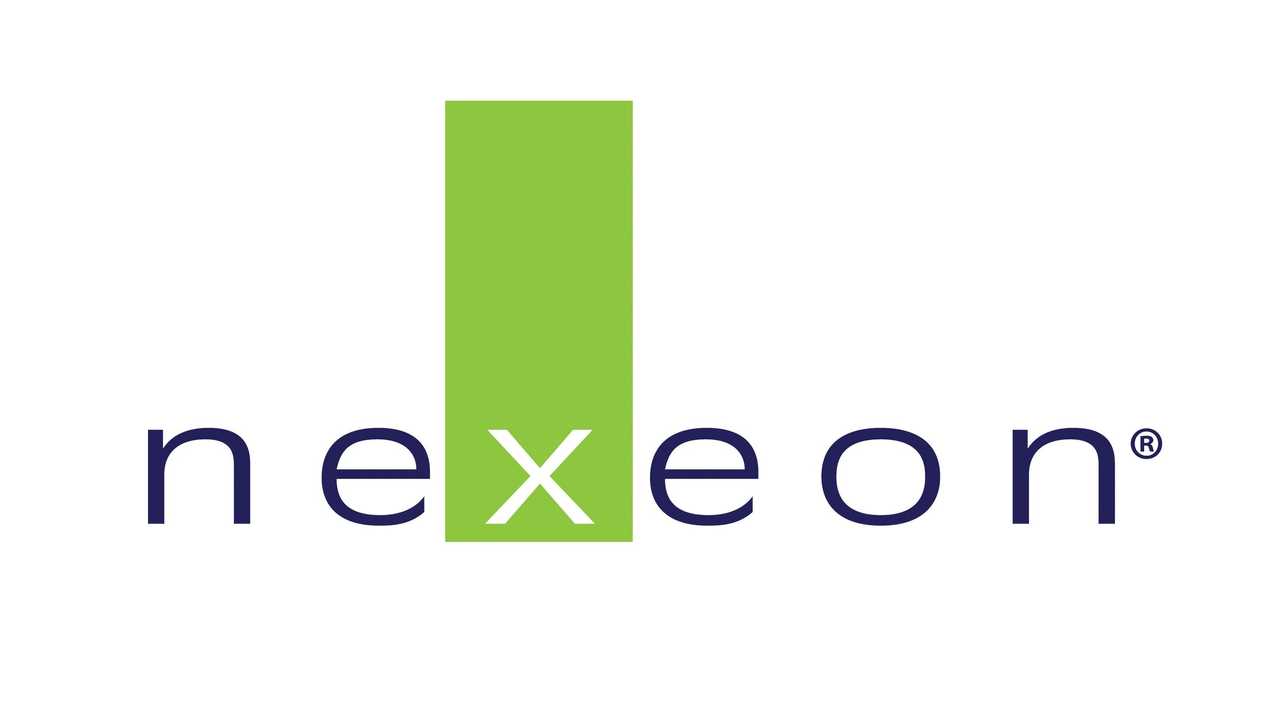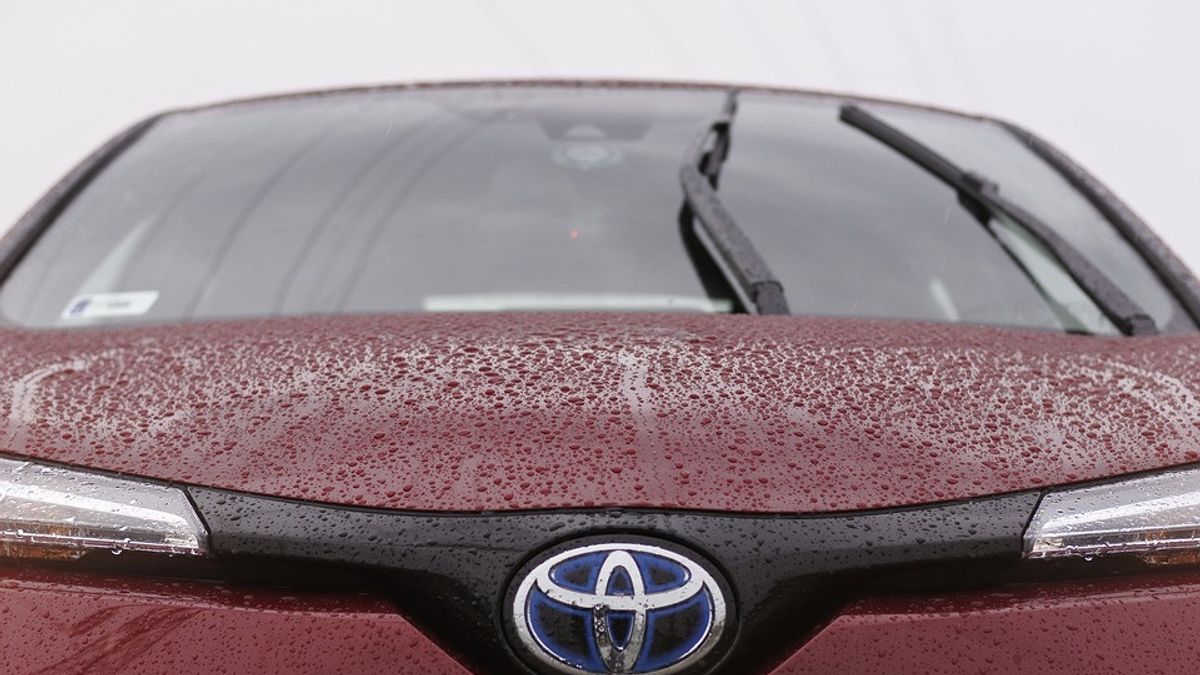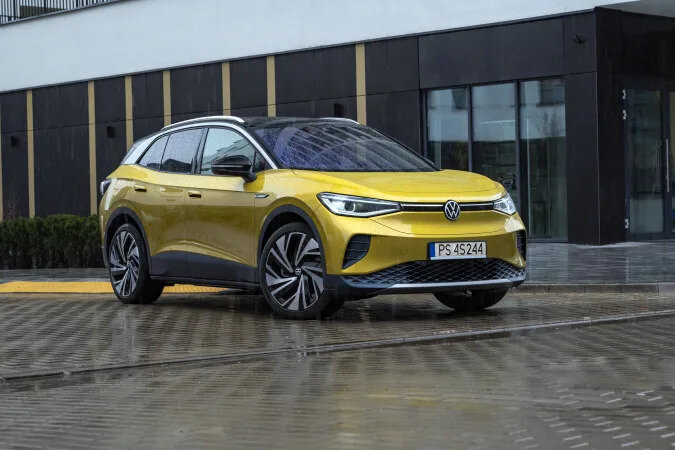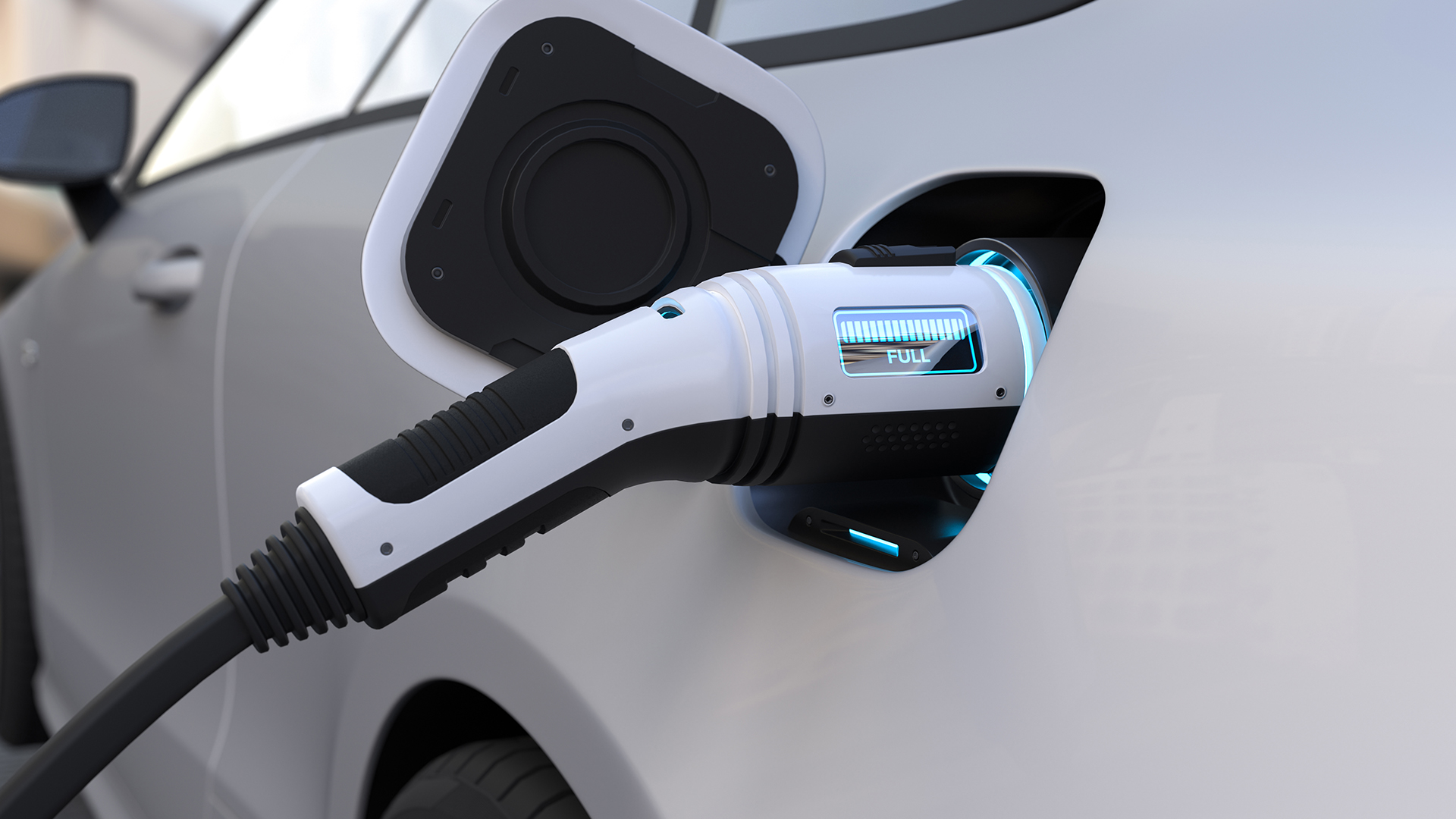The American Battery Technology Company (ABTC) has been awarded a $144 million grant from the U.S. Department of Energy (DOE) to establish a cutting-edge lithium-ion battery recycling facility capable of processing up to 100,000 tonnes of battery materials annually. The project marks a significant step forward in strengthening the domestic supply chain for critical battery-grade metals.
The new facility will boast a processing capacity five times larger than ABTC’s existing plant in Reno, Nevada. It is designed to handle a wide range of input materials, including production waste and end-of-life battery components, and will produce battery-grade nickel, cobalt, manganese, and lithium hydroxide for the North American market.
ABTC’s CEO, Ryan Melsert, highlighted the significance of the grant: “We are extremely proud to have been awarded this highly competitive grant contract from the US DOE, and it will directly support the additional capacity required to process the quantity of materials demanded from the domestic automotive and battery industry.” Melsert emphasized the company’s commitment to scaling its proprietary recycling technologies and contributing to a sustainable supply chain for battery materials.
The upcoming facility will implement ABTC’s internally developed recycling technologies, focusing on strategic dismantling and targeted chemical extraction. These advanced processes are designed to deliver high-quality battery-grade materials at competitive costs while minimizing environmental impact. ABTC claims its methods are a marked departure from traditional recycling approaches, such as high-temperature smelting and shredding, offering a cleaner and more efficient alternative.
ABTC’s strategic partnership with BASF, a leading North American cathode manufacturer, underscores the importance of the venture. BASF sources battery-grade metals from ABTC, and the increased capacity is expected to support growing demand from the domestic automotive and energy storage sectors.
The facility is part of broader efforts to bolster the U.S. battery supply chain, addressing the critical need for sustainable and locally sourced materials in the transition to electrification.

